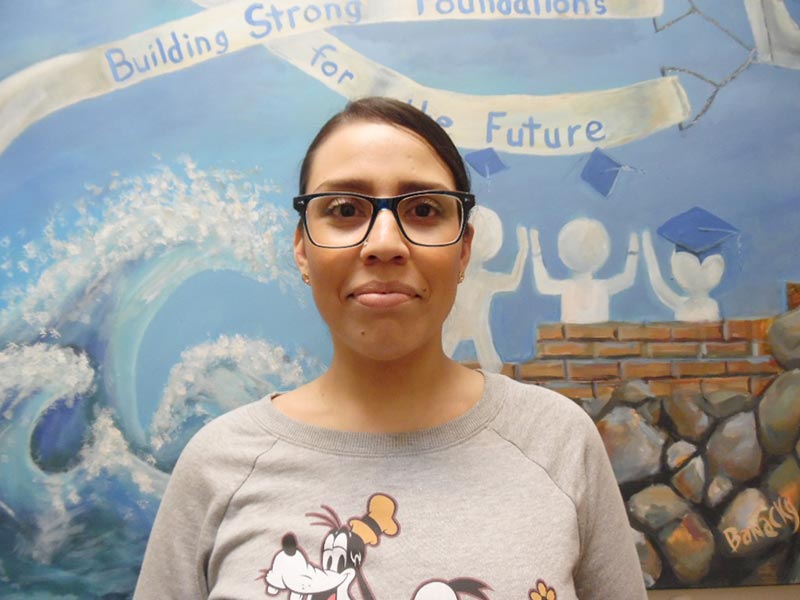
Samuel M. and Nicole M. are two program participants at non-residential reentry centers operated by GEO Reentry Services who have benefitted significantly from the evidence-based treatment and programming offered there.
Also known as day reporting centers or DRCs, these non-residential programs are among the many programs run by GEO Reentry nationwide that support corrections facilities in reducing recidivism through multi-phase, evidence-based programming and accountability mechanisms tailored to participants’ criminogenic risks and needs.
One of these participants, Samuel M., had spent 10-and-a-half years in prison for robbery before being paroled in February 2019 and coming to the Monterey County Day Reporting Center, which serves participants from the California Department of Corrections and Rehabilitation and Monterey County Probation. Now in phase two of the program, Samuel said he credits the staff there with teaching him the skills he needed to start his life over as a responsible citizen of the community.
“I feel like this program has taught me how to live a simple, honorable life, like a member of society should,” said Samuel. “Before being locked up I took a lot of things for granted. The DRC has shown me how to be content with what I need, not just what I want.”
Samuel, who is currently working at his mother’s business selling medical scrubs, said he treasures his mom’s support, and called her his rock. He said he initially entered the DRC program with a strong positive attitude because of the crucial support received while fighting in the courts for custody and visitation for his two daughters.
Other group classes DRC participants take while in treatment may include Cognitive Behavioral Therapy; Community Connections, which offers links to local service providers; adult basic education; GED prep, employment readiness and career development assistance; life skills classes; drug and alcohol treatment classes and more.

Another DRC participant, Nicole M. started at the Pomona Day Reporting Center’s program in February and is now in aftercare. Although the Pomona center, which serves participants from the CDCR, suspended in-person services in March due to COVID-19, Nicole said she still learned from Moral Reconation Therapy, substance abuse treatment and employment readiness classes, even as they were being taught remotely.
Nicole had challenges finding work when background checks were conducted, but she is now employed full-time at a grocery store and she credits staff member Ms. Tamie Lewis for her help throughout the process. The DRC also connects participants to practical resources they can use in the job hunting process, Nicole said, including clothes for job interviews if they are unable to afford them.
Nicole said she is grateful for having been part of the Pomona DRC program, especially for the valuable thinking skills and self-knowledge she gained during her MRT class.
GEO Reentry’s non-residential reentry centers offer programs and services that focus on changing criminal behavior and link participants to valuable local resources. Since COVID-19 began, DRC program staff in Monterey County and Pomona, like many at GEO Reentry’s non-residential reentry centers across the country, worked to implement creative ways of maintaining engagement with participants to encourage them on their reentry journeys.
While centers were closed and face-to-face contact unavailable, staff continued to provide participants with daily check-ins, group meetings, treatment and substance abuse services through videoconferencing and over the phone, while working with the center’s community partners to continue offering referrals for local resources.
